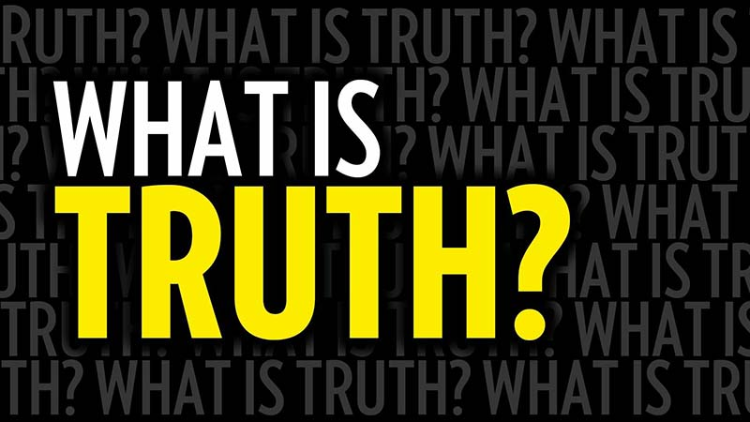
Summary of Pluralism and Relativism
This talk by R.C. Sproul explores the concepts of pluralism and relativism as key ideologies shaping modern secular culture. Sproul argues that these ideas, while seemingly benign, are fundamentally at odds with a Christian worldview and lead to a state of moral and intellectual chaos.
The Transcendent and the Secular
Sproul begins by establishing a distinction between the “transcendent realm” and the “secular world.” He posits that the transcendent is the domain of unity, universals, and absolutes. The secular, in contrast, is characterized by diversity, particulars, and the relative. He uses the U.S. motto, E Pluribus Unum (“Out of many, one”), as an example of a foundational idea that once sought unity in a transcendent God. Modern pluralism, however, has abandoned this pursuit of unity, leaving only a state of “E Pluribus Plurus” (“From the many, many”). Sproul emphasizes that plurality is a simple description of diversity, but “pluralism” is an “ism,” an ideology that asserts this diversity is all that exists, with no unifying truth.
The Rise of Relativism
Sproul identifies “relativity” as the defining buzzword of the 20th century, much like “evolution” was in the 19th century. He notes that while the scientific theory of relativity accurately describes motion from different reference points, the ideology of “relativism” takes this a dangerous step further. Relativism claims that “everything is relative,” which, as Sproul argues, means there is no ultimate reference point, no fixed or absolute truth. This leads to a loss of substance and meaning in life itself, a crisis where there are “values but no value,” “truths but no truth,” and “purposes but no purpose.”
Pluralism in the Church and Culture
The speaker asserts that the problem of pluralism has infected not only secular society but also the Church. He criticizes the idea of a “pluralistic church” that tolerates contradictory views on fundamental Christian beliefs. Sproul contends that this is the antithesis of Christianity and that a church cannot survive for long in such an environment of theological chaos.
He illustrates the dangers of this mindset with two powerful analogies:
The Kindergarten Curriculum
Sproul recounts an experience with his daughter’s school principal, who meticulously explained the specific purpose of every activity in the curriculum. When Sproul asked about the overarching purpose—the kind of child the school was trying to produce—the principal’s honest answer was “I don’t know.” Sproul uses this to demonstrate a world of “purposes without purpose,” where individual actions are rationalized but lack a coherent, ultimate goal.
The Pro-Choice Debate
Sproul uses the pro-choice position on abortion as a prime example of a mindset rooted in relativism. He highlights the common phrase, “I personally would not have an abortion, but I believe everybody has the right to make that choice for themselves.” He argues that at a legislative level, “pro-choice” is functionally no different from “pro-abortion.” More critically, he challenges the foundation of the “right to choose” itself. He questions where this moral right is derived, arguing that it’s based merely on preference and the relativistic belief that no group should impose its standards on another.
Conclusion: The Slaying of Truth
Sproul concludes by distinguishing between classical toleration—a Christian virtue that patiently endures differing views—and modern pluralism. He argues that while the former respects individuals, the latter asserts that all views are equally valid. This subtle shift is catastrophic. If all views are equally valid, then truth itself is “slain.” When there is no capital-T “Truth,” even individual “truths” and “values” lose their meaning, rendering life ultimately impossible.
